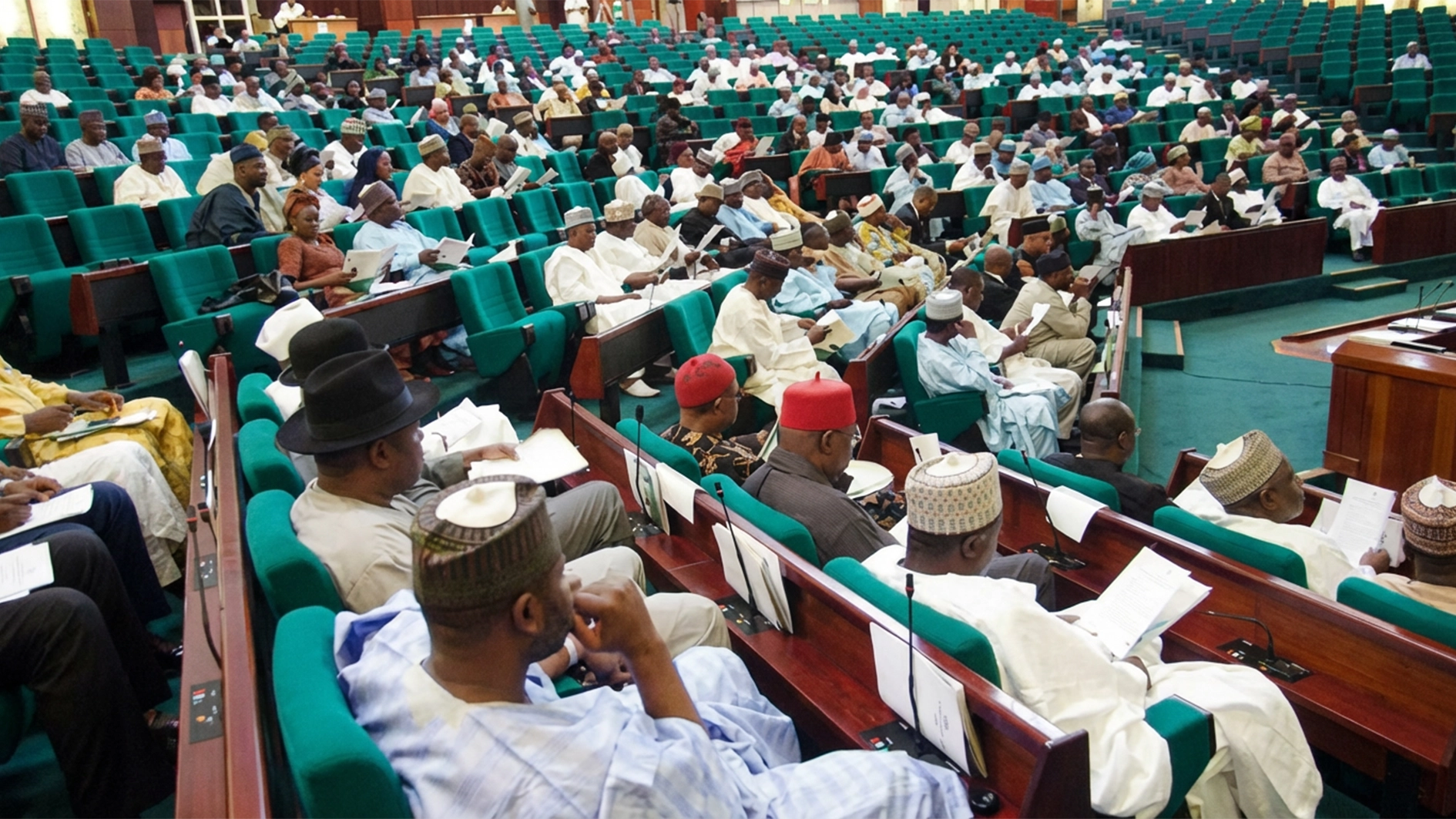The Federal Government has confirmed 332 migrants being prevented from entering Nigeria through the Seme border due to irregular documents.
Comptroller General of the Nigeria Immigration Service (NIS), Kemi Nandap, revealed that the migrants were attempting to come into the country, but were stopped by immigration border patrol for lacking valid travel documents.
She disclosed this at a one-day Stakeholders Sensitisation Seminar, tagged “Evolving Patterns in Smuggling of Migrants: Towards a Coordinated Response,” yesterday in Abuja.
Stressing the importance of efficient manning of all national borders, the CG said that 294 Nigerian nationals suspected of engaging in smuggling activities related to the “Japa syndrome” were also refused exit across the borders.
This, she said, is in addition to the rescue of 36 victims of human trafficking and child labour at the same border. CG Nandap called for a unified and coordinated national strategy to combat the evolving patterns of migrant smuggling, describing the issue as a significant threat to the safety and dignity of Nigerians. She also stressed that the crime has become increasingly complex and transnational, requiring a multi-sector approach.
HOWEVER, the House of Representatives has raised the alarm over the security of Nigeria’s borders, stating that 1,894 of the country’s 1,978 entry points remain unmanned, leaving them vulnerable to illegal activities.
The lawmakers said the nation is facing growing threats from illegal arms smuggling, human trafficking, and drug trafficking.Chairman of the Ad-Hoc Committee on Border Security, Isa Anka, raised the concern at the inauguration of the panel in Abuja, yesterday.
Quoting a recent report from Research Gate, Anka noted that only 84 entry points across the federation are officially manned by security operatives, a figure he described as disturbingly low given the country’s vast 36,450 kilometres of land and sea borders.
The chairman attributed the porous gateways to several factors, including inadequate resources, difficult terrains such as forests, rivers, deserts and mountains, as well as negative behavioural attitudes among border personnel.
The lawmaker said: “Nigeria is a vast country that covers 923,768 square kilometres with approximately 36,450 kilometres of land and sea borders. It borders Benin to the west, Niger and Chad to the North, and Cameroon to the East.
“In recent years, we have witnessed an escalation in illegal cross-border activities that threaten our national security, such as illegal arms smuggling, human trafficking and drug smuggling.
“It is noteworthy that our borders are porous, with many unofficial routes for smuggling goods. We also need to ask ourselves some of the contributing factors leading to poor border security, which include inadequate resources, as border security agencies suffer from inadequate funding, poor logistics, ineffective and outdated surveillance equipment and a shortage of personnel.
“A lot of our borders are located in difficult terrains like thick forests, distant rivers, mountains and deserts, making them tough to police effectively.
“A recent report from Research Gate highlighted that out of Nigeria’s 1,978 entry points, only 84 are officially manned by security operatives, leaving 1,894 illegal routes. This is a disturbing statistic and shows a gap in our defences.”
Anka regretted that despite significant government expenditure, which has exceeded N9 trillion over the past years, Nigeria has yet to attain commensurate gains in its security landscape.
He pledged that the committee would formulate strategies and recommendations to curb illegal cross-border activities and reduce security threats to the barest minimum.
In his remarks, Speaker Abbas Tajudeen stressed the seriousness of the committee’s mandate. He urged members to examine and strengthen Nigeria’s border security architecture, stressing that porous borders constitute both an economic and existential threat.
The Speaker called for synergy, transparency, and patriotism from all relevant agencies, highlighting the need for unified operational frameworks, intelligence sharing, and active community participation along the border areas. He also stated the importance of oversight and accountability in the use of appropriated funds for border security.






